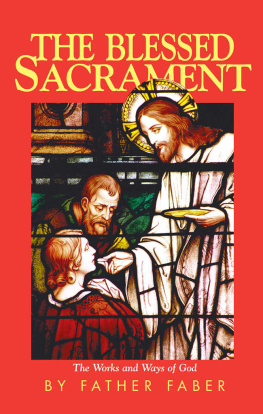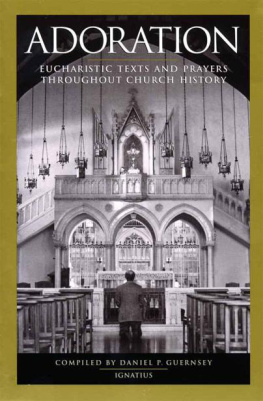


Saint Paschal Baylon 1540-1592 Patron of the Confraternity of the Blessed Sacrament

| Nihil Obstat: | J. M. Corrigan, D.D. |
| Censor Librorum |
| Imprimatur: |  | D. Cardinal Dougherty |
| Archbishop of Philadelphia |
| Philadelphia |
| July 1, 1922 |
Copyright 1922 by H. L. Kilner & Co.
The type in this book is the property of TAN Books and Publishers, Inc., and no more than one chapter at a time may be reproduced without permission in writing from the Publisher. (This resctriction applies only to this type, not to quotations from the book.)
Library of Congress Catalog Card No.: 95-61019
ISBN: 978-0-89555-890-9
Printed and bound in the United States of America.
TAN Books
Charlotte, North Carolina
2010
DEDICATED TO THE REV. JOHN J. MURPHY, M.R.
St. James Church, Newark, New Jersey
Dear Father,
This little book tells of Him you love and whose love you have lighted up in many, many hearts. Take it and bless it and make it plentifully fertile to spread the knowledge and love of the Most Sacred Heart in the Most Blessed Sacrament.
Devotedly yours in Christ,
F REDERICK A. R EUTER, K.C.B.S.
ACKNOWLEDGMENTS
The author wishes to express his gratitude to Rev. Martin J. Scott, S.J., for useful matter and to Mr. J. P. Egan, LL.D., for valuable suggestions.
F REDERICK A. R EUTER, K.C.B.S.
IMPORTANT NOTE
Receiving Holy Communion Worthily
What is necessary to receive Holy Communion worthily?
1) You have to be a baptized Catholic;
2) have no mortal sin on your soul;
3) be fasting.
Do you have to go to Confession first every time you receive Communion?
No, unless you have mortal sin on your soul.
What kind of sin is it to receive Communion unworthily?
To do so knowingly and willingly is a mortal sin called a sacrilege.
From A Brief Catechism for Adults , by Fr. William J. Cogan, TAN, 1958/1993, pp. 79-80.
Therefore whosoever shall eat this bread, or drink the chalice of the Lord unworthily, shall be guilty of the body and of the blood of the Lord. But let a man prove himself: and so let him eat of that bread, and drink of the chalice. For he that eateth and drinketh unworthily, eateth and drinketh judgment to himself, not discerning the body of the Lord. ( 1 Corinthians 11:27-29).
What does fasting mean?
Fasting means that, for one hour before receiving Communion, you have to stop eating solid food and drinking all liquids except water.
You may take water, and if sick, medicine any time before receiving. You must stop chewing gum at least one hour before. Until the 1950s, the Church required fasting from midnight before Communion; this rule was later shortened to three hours for food and one hour for liquids (with water being allowed at any time); then it was changed to one hour for food and drink, except water. It is very praiseworthy to continue observing the traditional fast either from midnight or for three hours.
CONTENTS
INTRODUCTION
If Jesus were better known in the Blessed Sacrament, earth would be brighter and Heaven nearer. This quotation sets forth the object of this book. Our Divine Master is ready to bestow innumerable graces through this Sacrament, which is also the outpouring of His Sacred Heart, and which are lost in consequence of the ignorance and indifference of men. When the Most Holy Sacrament is not revered and loved, scandals will abound, faith will languish, and the Church will mourn. On the other hand, if this Sacrament is worthily and frequently received, peace will reign in Christian hearts, the devil will lose power, and souls will be sanctifiedas many as received Him, to them He gave power to be made the sons of God.
I address myself not only to the faithful, who find all delight, comfort and help in their belief, but also to the indifferent ones of the world who must learn what precious joys are tasted and shared at the table of the God of peace, the God of love, of Him who cries out to us from His earthly tabernacles, Come to Me. I am in the midst of you, and you know Me not Come! I am the way, the truth and the life Oh, if you only knew the gift of God !
Should this little work, a labor of love, with joy in the making, dispel the indifference and ignorance, and help sanctify the soul of even one of Gods sons or daughters, it should, it would seem, make it dear to all lovers of the Eucharistic God, and fulfill the aim of the author.
The Sacred Heart Readings are taken from Abbe Berlioux, Month of the Sacred Heart , published in Paris, 1885. All indulgenced prayers are taken from the new Raccolta.
Declaration . In obedience to the decree of Urban VIII of holy memory, I declare that I do not attribute any but purely human authority to the miracles, revelations, graces and incidents contained in this work.
F REDERICK A. R EUTER, K.C.B.S.
Mt. St. Dominic Academy
Caldwell, New Jersey
Feast of the Assumption, 1922

READING 1
Story of the Blessed Sacrament (Montreal, Canada1807)
L ONG YEARS ago, a young American girl journeyed from her home in Vermont to a convent in Montreal. She had read about nuns and had a great desire to see for herself what a convent was like. She was a Protestant and her people were not too well pleased at her request, but they granted it. She would learn much in the convent, they said. Other Protestant girls had finished their education in convents; why not Fanny?
So one day Fanny went to the door of the old Congregation Convent in the heart of Montreal. The portress admitted her and the good religious welcomed her most tenderly.
Weeks passed; Fanny was not happy. She mocked openly at the rites she could not understand. The children wondered much, and fearing that they would be scandalized, the Reverend Mother decided to send the young girl back to her people in Vermont.
Among the Sisters was one who had a deep attachment for the Protestant pupil. She longed to bring her into the fold, and make her life satisfied and happy.
I grieve to send the child home, said Mother, but she does not improve and there is nothing else to be done.
Give her another trial, dear Mother, pleaded the Sister. Let her stay with us a few more weeks. God and His Blessed Mother may change her heart.
The Superior granted the petition and again was disappointed in the result. The last day of Fannys probation was drawing near. It was September 8, the feast of the Nativity of the Blessed Virgin Mary.
Fanny spent the afternoon with the teacher she loved, but there was nothing in her conduct to show a change of spirit. She was still a doubter and spoke her thoughts in words that deeply grieved the religious. Yet Fanny helped to prepare the flowers for the altar, for Benediction of the Blessed Sacrament.

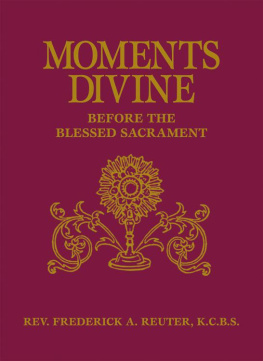
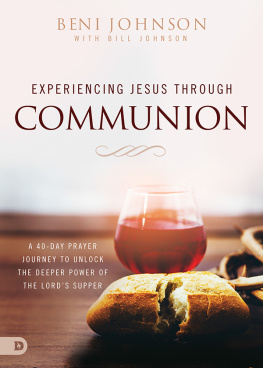
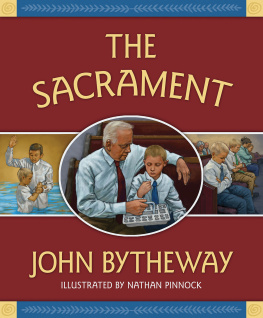
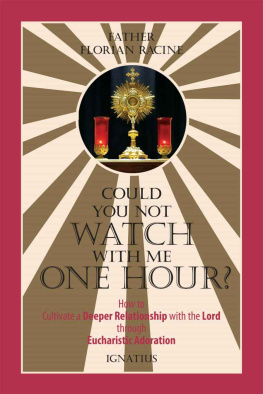

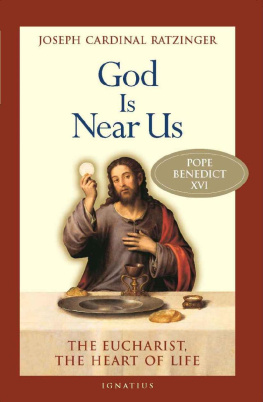
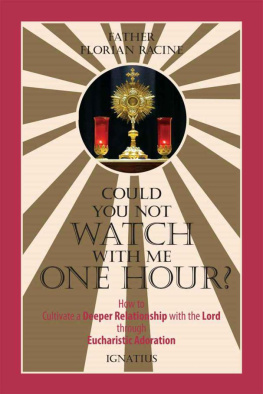
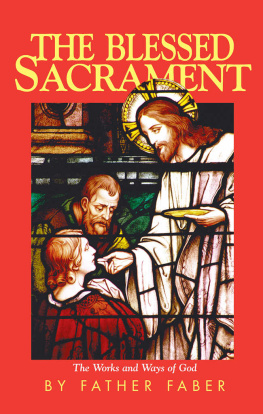
![St. Alphonsus Liguori - Visits to the Blessed Sacrament (with Supplemental Reading: Novena of Holy Communions) [Illustrated]](/uploads/posts/book/269658/thumbs/st-alphonsus-liguori-visits-to-the-blessed.jpg)
